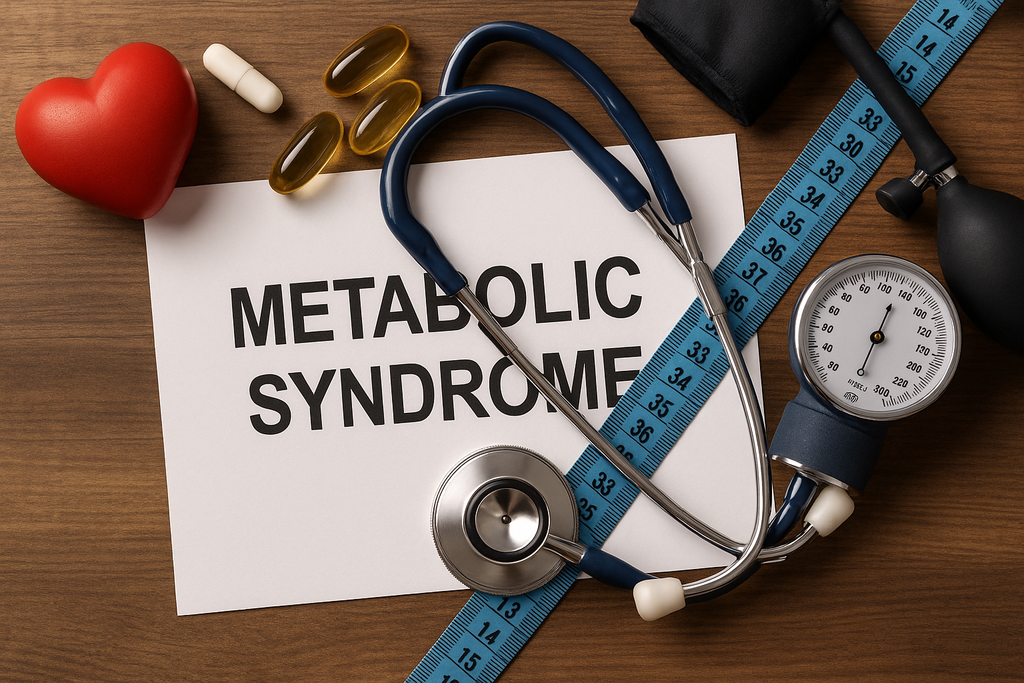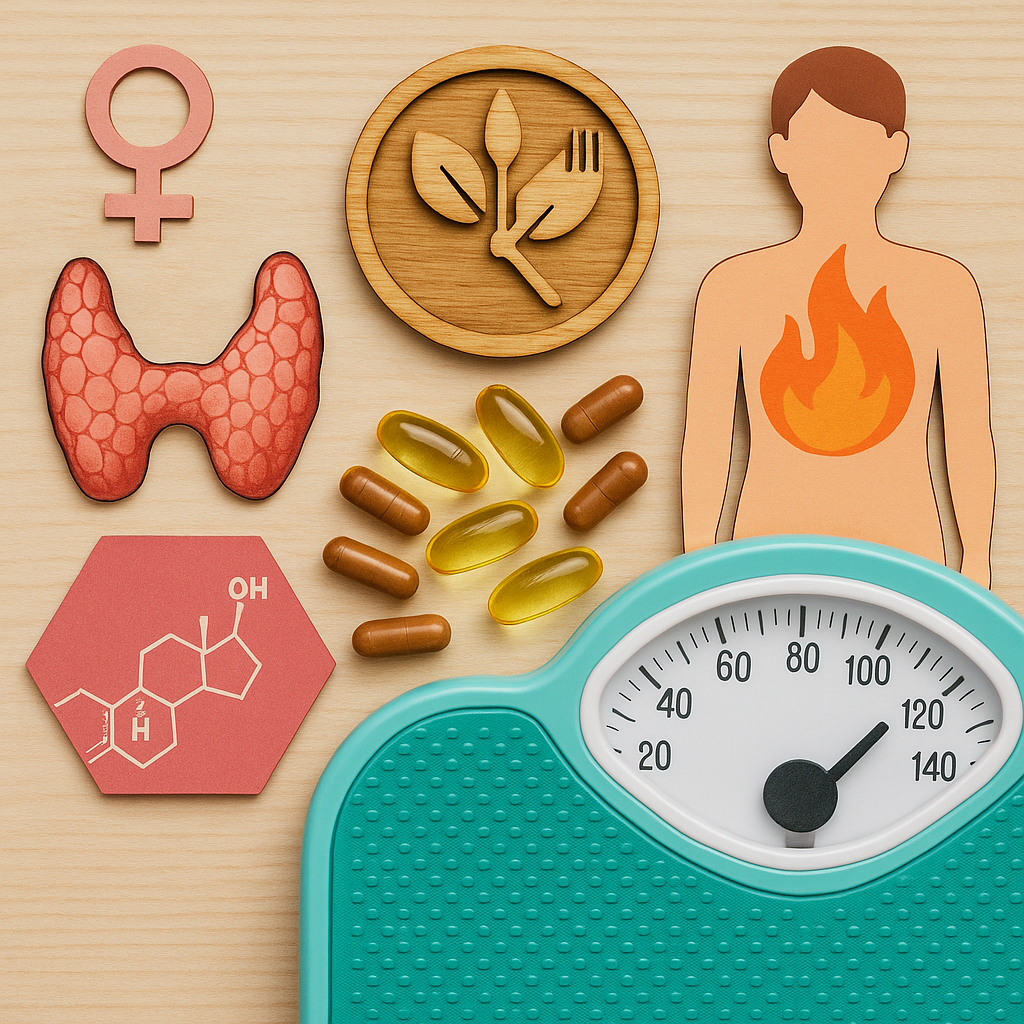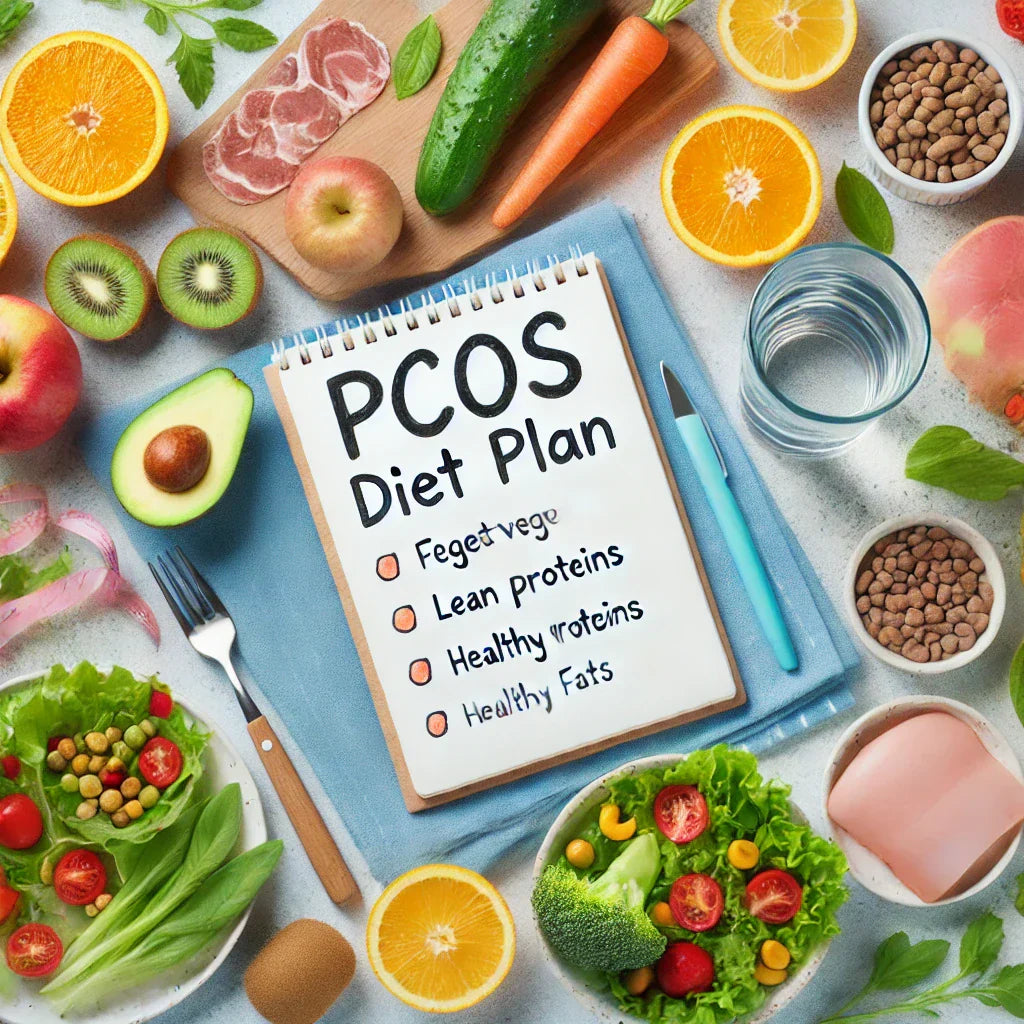News — insulin resistance
Metabolic Syndrome Criteria: The 5 Risk Factors You Need to Know
abdominal obesity blood sugar cardiovascular health diabetes prevention elevated glucose HDL cholesterol heart disease high blood pressure high triglycerides insulin resistance low HDL metabolic health metabolic syndrome metabolic syndrome diagnosis prediabetes risk factors supplements for metabolic syndrome triglyceride levels weight loss
Modern lifestyles have given rise to a cluster of health conditions that are increasingly threatening global health. One of the most insidious among them is metabolic syndrome — a silent but dangerous constellation of risk factors that significantly ups your odds for heart disease, type 2 diabetes, and stroke. It isn’t a disease in itself, but rather a group of conditions that, when occurring together, set the stage for long-term chronic illness.
Understanding the criteria that define metabolic syndrome is the first step in addressing it effectively. If you’ve ever wondered what the specific risk factors are and how they impact your well-being, this guide will break it all down for you. We're going to examine the five hallmark risk factors that clinicians use to diagnose metabolic syndrome and why each of them matters more than you might think.
From Fatigue to Freedom: Reverse Insulin Resistance Naturally
berberine blood sugar balance blood sugar support fasting insulin fatigue and blood sugar glucose metabolism hormone imbalance insulin resistance insulin resistance diet insulin resistance symptoms insulin sensitivity insulin supplements liver health magnesium for insulin metabolic health natural insulin support prediabetes reversal reversing insulin resistance sugar cravings weight loss and insulin
Do you constantly feel tired after meals, struggle to lose weight, or wake up groggy no matter how long you sleep? These could be signs of insulin resistance—a silent metabolic disruptor that affects millions and often goes undiagnosed until it evolves into type 2 diabetes. The good news? Insulin resistance can be reversed with the right strategies, knowledge, and consistency.
This isn’t about quick fixes or extreme diets. This is your step-by-step guide to reclaiming energy, balancing blood sugar, and building a sustainable lifestyle that supports your body’s ability to heal. Whether you’ve just been diagnosed or suspect you’re on the path, this plan will help you move from fatigue to metabolic freedom.
The Role of Hormones in Weight Management: Causes of Hormonal Weight Gain and How to Fix It
adaptogens for weight loss cortisol belly fat estrogen dominance ghrelin hormonal belly fat hormonal weight gain hormone balance hormone detox hormone supplements hormones and weight insulin resistance leptin resistance liver detox LongLifeNutri low testosterone metabolism booster PCOS weight loss reset hormones naturally thyroid and weight weight loss for women
When it comes to weight gain, diet and exercise are only part of the picture. Hormones — the body’s chemical messengers — play a powerful, often overlooked role in regulating your metabolism, appetite, fat storage, and energy levels. If you're struggling to lose weight despite eating well and staying active, imbalanced hormones might be to blame.
From insulin and cortisol to estrogen and thyroid hormones, various hormonal imbalances can trigger weight gain and make fat loss more difficult. The good news? With the right strategies, you can restore hormonal balance and unlock your body’s natural ability to maintain a healthy weight. This guide explores the major hormones that influence your weight and offers practical solutions to reset your metabolism from within.
PCOS Diet: A Personalized Approach to Nutrition for Managing Symptoms
anti-inflammatory foods fiber for PCOS glycemic index healthy eating hormone balance insulin resistance low-GI foods managing PCOS meal timing for PCOS omega-3 fatty acids PCOS and blood sugar PCOS and hydration PCOS and weight management PCOS diet PCOS natural remedies PCOS nutrition PCOS symptoms personalized PCOS diet portion control supplements for PCOS
Polycystic ovary syndrome (PCOS) is a common hormonal disorder that affects millions of women worldwide. Characterized by irregular menstrual cycles, ovarian cysts, insulin resistance, and excessive androgen levels, PCOS can lead to a range of health issues, including infertility, weight gain, and metabolic complications. While there is no definitive cure for PCOS, adopting a personalized diet can help manage its symptoms and improve overall well-being.
Nutrition plays a pivotal role in balancing hormones, improving insulin sensitivity, and reducing inflammation, all of which are critical for managing PCOS effectively. A well-structured, individualized diet that focuses on nutrient-dense foods and eliminates processed sugars can significantly alleviate symptoms and enhance fertility. This article delves into the essentials of a PCOS diet, highlighting key foods, macronutrient balance, and lifestyle adjustments to create a sustainable, symptom-managing eating plan.
The Weight Gain Trap: How Processed Foods Contribute to Obesity
artificial additives calorie-dense foods empty calories fast food food cravings food industry healthy eating insulin resistance junk food metabolism nutrition obesity obesity epidemic processed foods refined carbs sugar addiction trans fats unhealthy diet weight gain weight loss
Obesity rates have skyrocketed over the past few decades, and one of the biggest culprits is the increasing consumption of processed foods. These convenient, highly palatable products are designed to be addictive, packed with hidden sugars, unhealthy fats, and artificial ingredients that disrupt our metabolism and encourage weight gain.
Despite their convenience, processed foods are often calorie-dense but nutritionally poor, leading to overconsumption without providing the essential nutrients our bodies need. Understanding how these foods contribute to obesity can help us make informed dietary choices and break free from the processed food trap.





